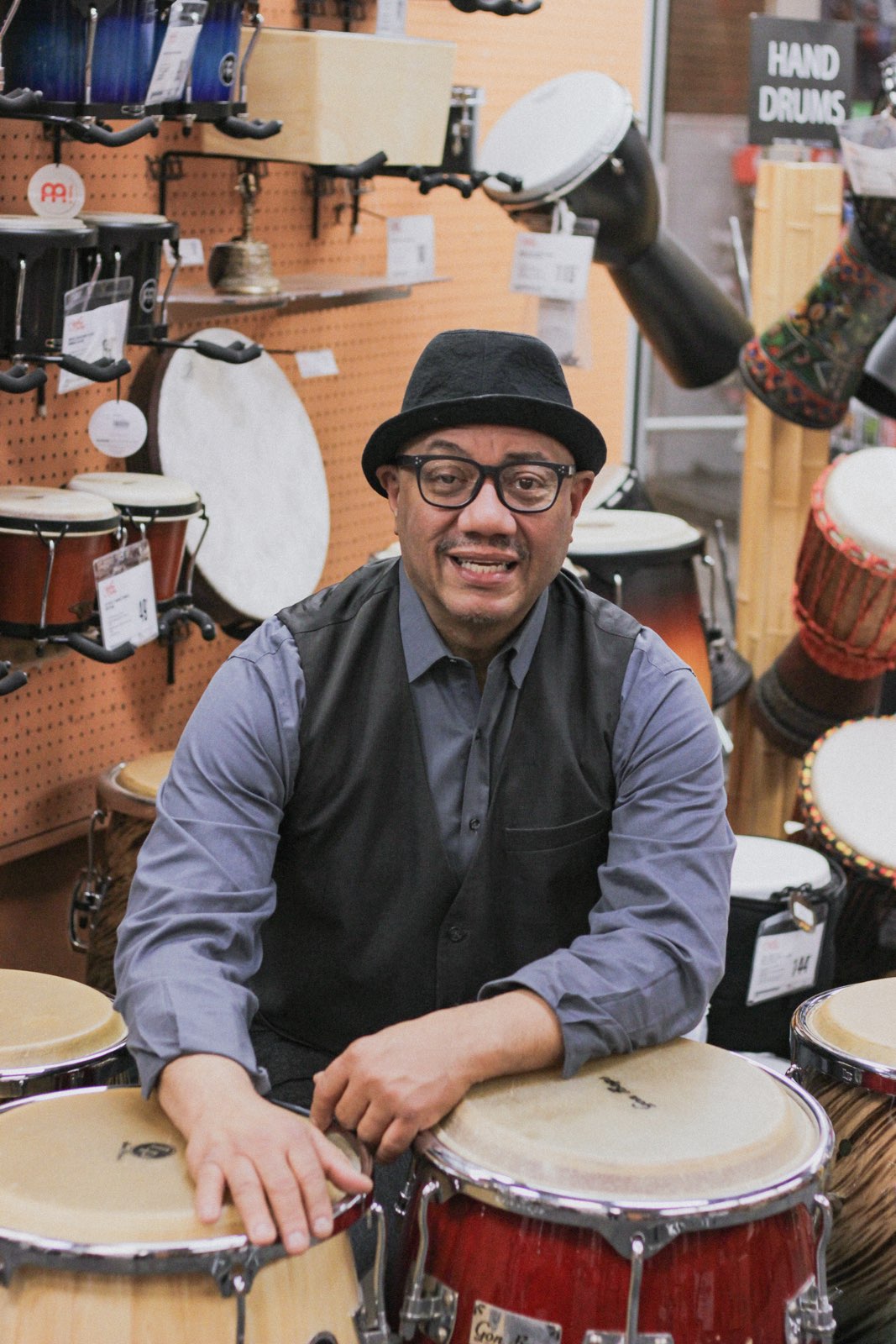 When one looks at the arc of Caribbean history over the last 500 years, particularly in countries like Puerto Rico, the Dominican Republic, Haiti, and Cuba, it is striking just how much of the history is defined by conscious efforts to divide, and not to unite, the people and cultures of the region. We see it in efforts by national governments to prioritize the Spanish and European cultural influences and traditions over those that descend from Africa. We see it in colorism that favors lighter skin over darker skin. We see it in efforts to drive forward with rapid urbanization at the expense of rural and indigenous economic and cultural traditions. And we also see it in efforts to stem the onslaught of American imperialism that crushes local cultural values and traditions.
When one looks at the arc of Caribbean history over the last 500 years, particularly in countries like Puerto Rico, the Dominican Republic, Haiti, and Cuba, it is striking just how much of the history is defined by conscious efforts to divide, and not to unite, the people and cultures of the region. We see it in efforts by national governments to prioritize the Spanish and European cultural influences and traditions over those that descend from Africa. We see it in colorism that favors lighter skin over darker skin. We see it in efforts to drive forward with rapid urbanization at the expense of rural and indigenous economic and cultural traditions. And we also see it in efforts to stem the onslaught of American imperialism that crushes local cultural values and traditions.
Perhaps the one exception to the deep divisions that mark Caribbean history is the universal impact of clave rhythms in the music and cultures of the region. “Clave rhythms can be found in the music of all Caribbean musical traditions,” according to the world-renown percussionist Sam Rodriguez. “Clave rhythms are the heartbeat of the music of Cuba, Haiti, Jamaica, the Dominican Republic, Puerto Rico, and even Brazil. You can hear it in reggae, reggaetón, dancehall, bomba, plano, rumba, salsa, Afro-Cuban jazz, Afro-Brazilian jazz, Haitian drumming, and even in more modern styles like rap and hip hop,” Rodriguez says.
“Clave rhythms are used to keep the tempo of almost all of the music and dance from the region. It’s a five-stroke pattern. There’s a 3-2 clave beat, and a 2-3 clave beat,” Rodriguez says.
Clave rhythms descend from the many musical traditions from sub-Saharan Africa. The word clave comes from the Spanish word for ‘code,’ or ‘key,’ and they function as the rhythmic “keys” that drive the music. “Claves” is also the name of a percussion instrument in Afro-Cuban music
Rodriguez, who was born and raised in Chicago’s Humboldt Park, a neighborhood with a deep and rich Puerto Rican cultural heritage, learned clave rhythms banging on pots and pans in his kitchen. “My mother was born in the city Caugus, (in the central mountain range of Puerto Rico), and my father was born in the city of Toa Baja (on Puerto Rico’s Northern Coast). The music was central to who they were. I grew up listening to a lot of Fania Records, a label based in New York City. The Fania All-Stars, which was a rotating group of musicians, were very influential in popularizing salsa music in the United States,” Rodriguez says.
“I started playing and collecting various percussion instruments at an early age. I played in churches, and at Roberto Clemente High School, where I was in the first graduating class. I played all over town in a variety of Latin bands and garage bands. Back in the ‘60s and ‘70s, there were lots of really cool venues for Latin bands to play in Chicago. You’d hear them in the parks, churches, and clubs playing everything from Cuban, Brazilian, and Costa Rican music, to just about everything else.” “I got to study with lots of different percussionists growing up,” Rodriguez says.
Eventually, Rodriguez became one of the most in-demand percussionists in the country, playing and touring around the world with artists such as Aretha Franklin, Anita Baker, and Pitbull. “I’ve played everything from calypso, salsa and Latin jazz, to the blues, R&B, rock, and pop. Over the years, I’ve collected over 300 percussion instruments from around the world. Back in the day, I use to do a lot of commercial jingles, whenever someone needed the sounds of an unusual percussion instrument. Now they make all of those sounds digitally on synthesizers,” Rodriguez said
Rodriguez is also a cousin to one of Chicago’s most famous muralists, Gamaliel Ramirez, who died tragically in Hurricane Maria, which decimated Puerto Rico in September 2017.
Rodriguez will provide a workshop on clave rhythms as part of Jesus Macarena Avila’s Caribbean, Art and Music class, on Wednesday, March 13 at 7 p.m. in the Columbia College Chicago Library, 624 S. Michigan, 3rd Floor North Reading Room. The event is free and open to the public. Co-sponsors include the Humanities, History and Social Sciences Department, the Columbia Library, and the Office of Academic Diversity, Equity, and Inclusion. Media sponsorship is provided by the Illinois Latino Voice, and graphic design is provided by Iniguez Design Studio
Image courtesy of Sam Rodriguez
